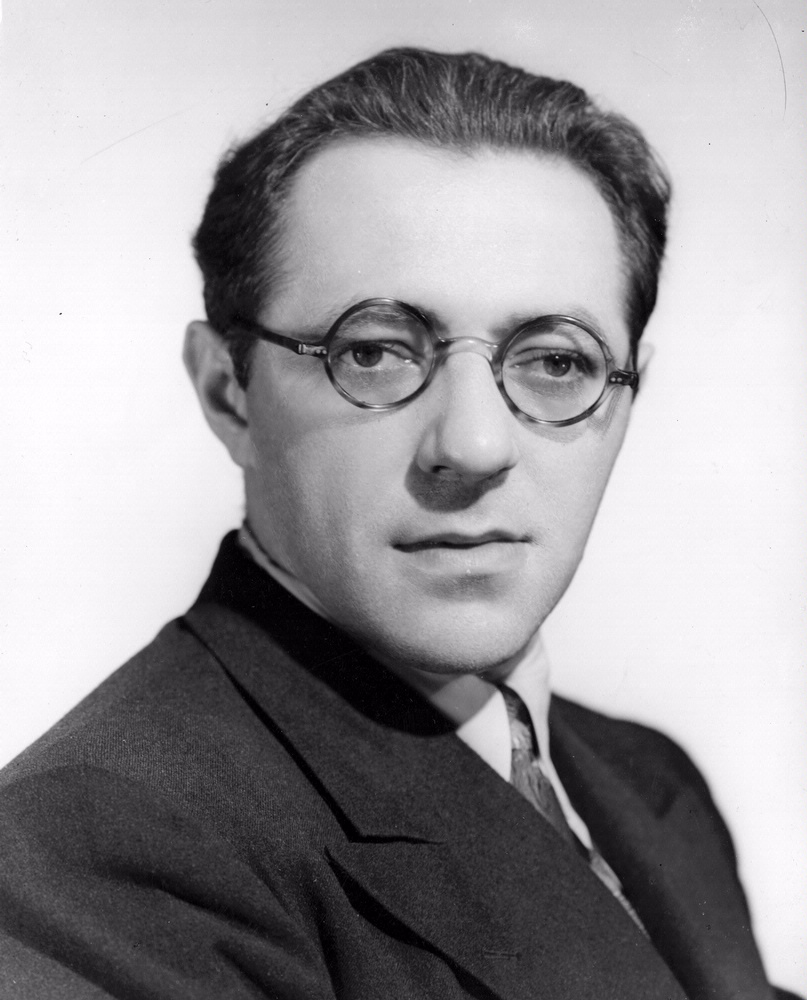
When we delve into the rich and intriguing **history of space exploration**, one name that frequently emerges is that of **Hermann Oberth**. But who exactly was this influential figure, and what makes him a pivotal contributor to the field of **modern astronautics**? To truly appreciate his legacy, we must explore the remarkable life and groundbreaking work of this visionary scientist. Oberth’s innovative ideas and theories laid the groundwork for many of the advancements in rocketry and space travel that we benefit from today. His passion for understanding the cosmos and his relentless pursuit of knowledge not only inspired future generations of scientists and engineers but also played a crucial role in shaping the trajectory of human space exploration. Join us as we uncover the significant contributions of Hermann Oberth and examine how his work has forever altered the landscape of space travel.
Early Life and Education
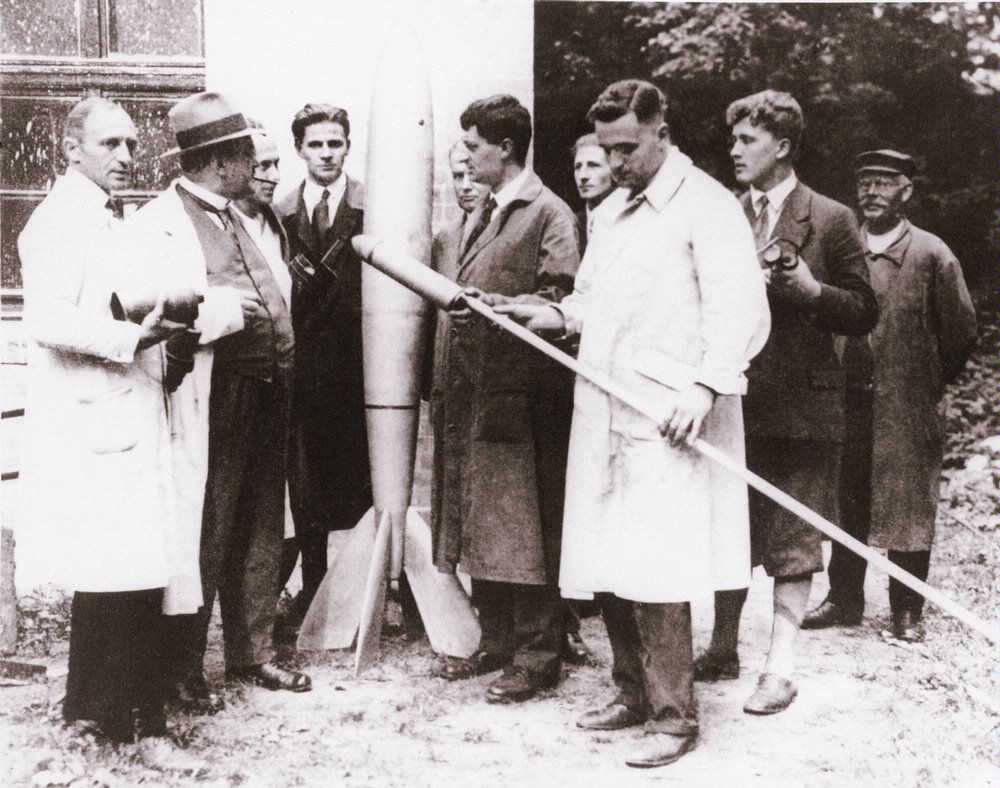
Born to Innovate
Hermann Oberth entered the world on **June 25, 1894**, in the picturesque town of **Nagyszeben**, which was part of **Austria-Hungary** at the time and is now known as **Sibiu, Romania**. He was raised in an intellectually stimulating environment, thanks to his father, a successful physician, which allowed him to develop a keen interest in the sciences from a young age. Initially, Oberth embarked on a path to study **medicine** at the prestigious **University of Munich**. However, his academic pursuits took an unexpected turn when the tumultuous events of **World War I** unfolded.
War and Inspiration
During the course of the war, Oberth served valiantly in the **Austro-Hungarian army**. His experiences on the battlefield were life-altering, especially after he sustained injuries that left him with ample time for introspection. It was during this period of recovery that he rediscovered his true passion: the field of **rocketry**. He began to immerse himself in experiments aimed at simulating **weightlessness**, which would later prove crucial to the development of space travel. Additionally, he conceptualized a groundbreaking **long-range liquid-propellant rocket**, a vision that was far ahead of its time. Regrettably, his pioneering ideas were met with skepticism and were often dismissed as mere fantasies by the military officials of his day, who failed to recognize the potential of his innovative thinking.
Academic Pursuits and Breakthroughs
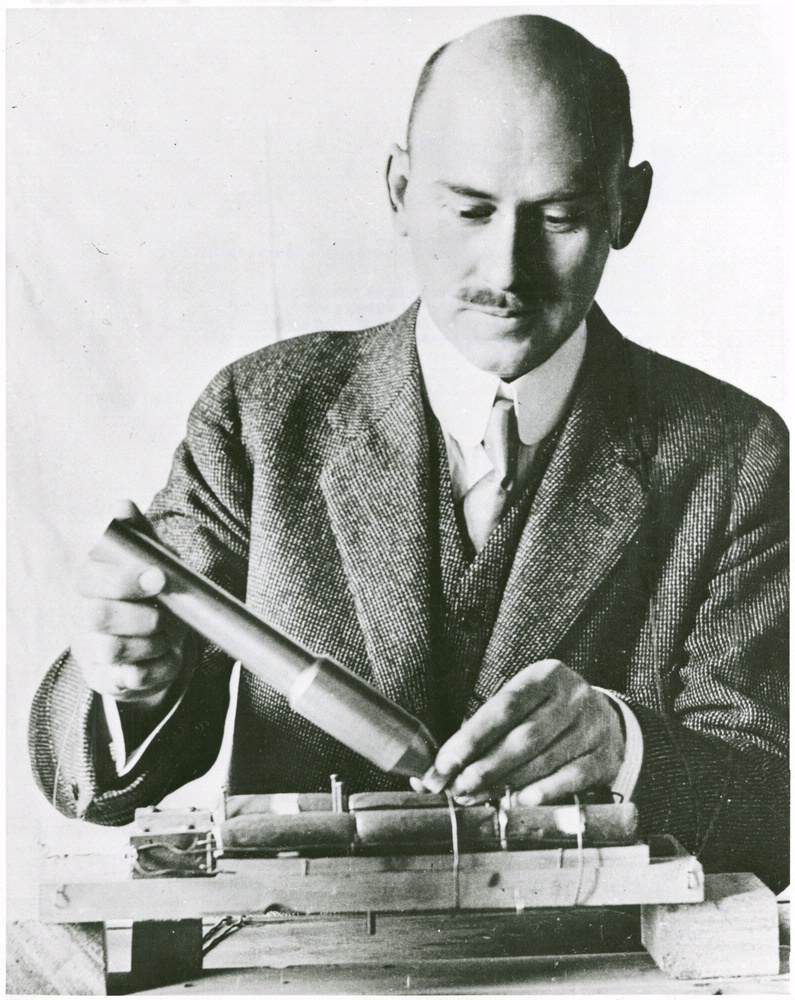
Striving for Recognition
In the aftermath of the war, Hermann Oberth embarked on an ambitious journey to obtain a **Ph.D.** from the prestigious **University of Heidelberg**. His dissertation, which delved into the intricacies of his innovative rocket design, faced an initial setback when it was rejected in **1922**. However, rather than allowing this disappointment to hinder his progress, Oberth demonstrated remarkable resilience and determination. He took the initiative to partially finance the publication of his research, which ultimately culminated in the release of his seminal work, **Die Rakete zu den Planetenräumen** (The Rocket into Interplanetary Space) in **1923**. This publication would go on to revolutionize the field of rocketry and space exploration.
Gaining Recognition
The impact of Oberth’s book was nothing short of transformative. It provided a comprehensive mathematical framework that elucidated how rockets could attain the requisite velocity to break free from **Earth’s gravitational pull**. This groundbreaking work garnered Oberth significant acclaim and recognition within the scientific community, establishing him as a pivotal figure in the realm of astronautics. Interestingly, it is worth noting that until **1922**, Oberth was completely unaware of the pioneering contributions made by fellow scientists **Robert Goddard** and **Konstantin Tsiolkovsky**. This highlights the fascinating interconnectedness of scientific discovery and innovation, illustrating how different minds can independently arrive at similar conclusions in the pursuit of knowledge.
Innovative Works and Contributions

Weaving the Future of Space Travel
In the year **1929**, the visionary rocket scientist Hermann Oberth made a significant contribution to the field of astronautics with the publication of his groundbreaking work titled **Wege zur Raumschiffahrt** (Ways to Spaceflight). This influential book not only garnered him the prestigious **Robert Esnault-Pelterie–André Hirsch Prize**, but it also provided him with the necessary funding to further his research into **liquid-propellant rocket motors**. Oberth’s insights were remarkably ahead of their time, as he foresaw advancements in **electric propulsion** and **ion rockets** nearly three decades before they became a reality. His pioneering ideas laid the groundwork for future innovations in space travel, demonstrating a profound understanding of the principles that would eventually propel humanity into the cosmos.
Patents and Launches
In **1931**, Oberth’s ingenuity was further recognized when he received a patent for a **liquid-propellant rocket** from the **Romanian Patent Office**. This patent was a testament to his innovative spirit and technical expertise. A landmark event occurred shortly thereafter, on **May 7, 1931**, when the first rocket designed according to Oberth’s specifications was successfully launched near **Berlin**. This event marked a crucial turning point in the history of rocketry, as it showcased the practical application of Oberth’s revolutionary concepts. The launch not only validated his theories but also inspired a new generation of engineers and scientists to explore the possibilities of space exploration, ultimately paving the way for the advancements that would follow in the decades to come.
Academic and Professional Journey

Teaching and Research
In **1938**, Oberth joined the faculty of the **Technical University of Vienna**. His expertise was sought after, and in **1940**, he became a German citizen. His career took another turn when he transferred to the **German rocket development center** at **Peenemünde** in **1941**, where he worked alongside **Wernher von Braun**, a name that would later become synonymous with space exploration.
Post-War Contributions
After World War II, Oberth spent a year in **Switzerland** as a rocket consultant. By **1950**, he had moved to **Italy**, where he continued his work on **solid-propellant antiaircraft rockets** for the Italian navy. His journey didn’t stop there; he moved to the **United States** in **1955** to conduct advanced space research for the army.
Retirement and Theoretical Studies
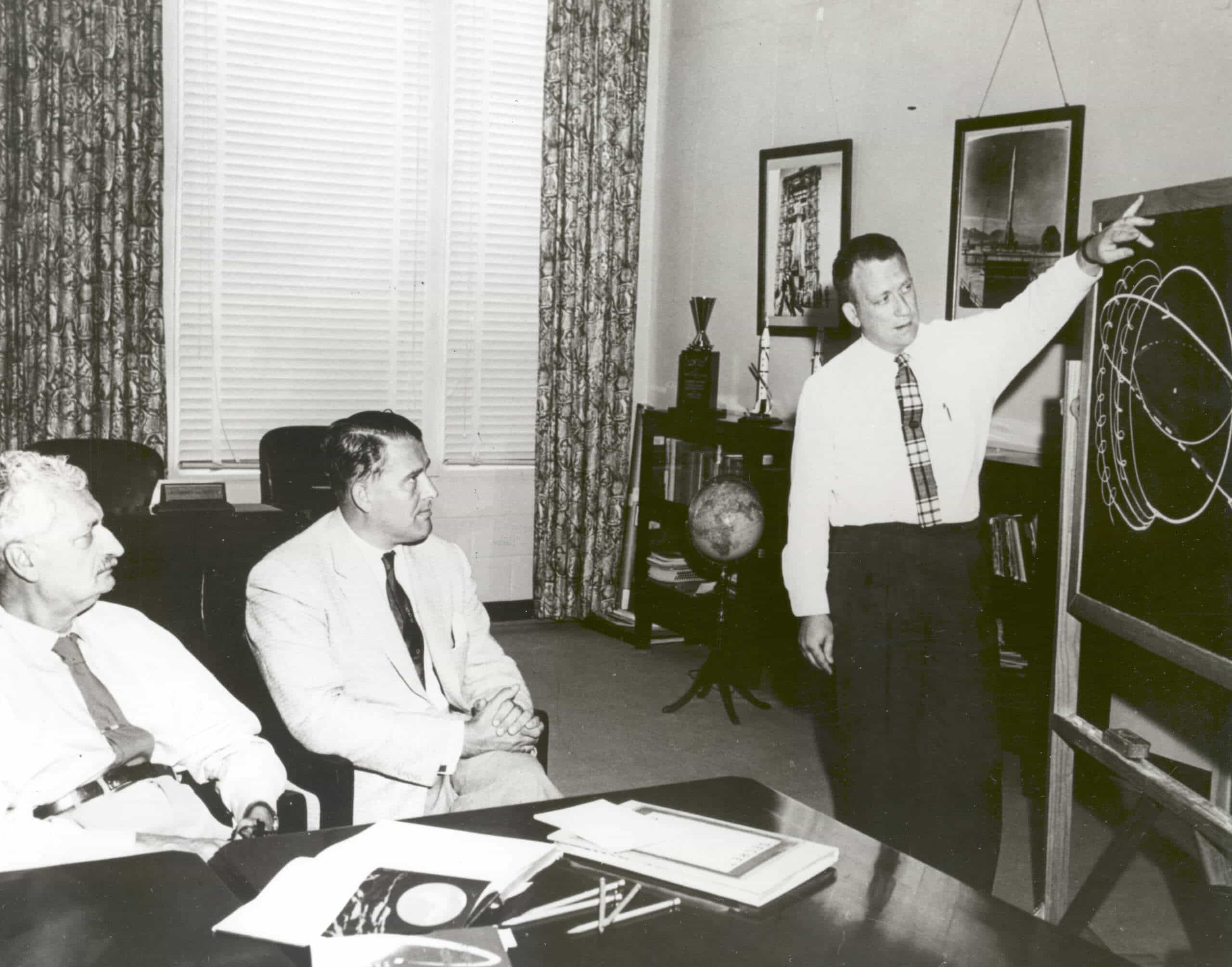
A Life of Reflection
In **1958**, Oberth retired to **West Germany**, settling in **Feucht**, near **Nürnberg**. His retirement years were spent engaged in **theoretical studies**. In **1959**, he published **Stoff und Leben** (Material and Life), where he challenged the materialistic philosophy underpinning communism, arguing that aspects of human existence, like the **soul**, couldn’t be explained through material reasoning alone.
Legacy and Influence
Oberth’s contributions to astronautics are immeasurable. His pioneering work laid the groundwork for future generations of scientists and engineers. He inspired countless individuals to dream about space travel and exploration. Isn’t it incredible how one person’s passion can ignite a movement?
Key Achievements of Hermann Oberth
:max_bytes(150000):strip_icc()/Hermann_oberth_statue_photo_by_mark_benecke_sighisoara_new_location_2017_IMG_0586-5b04560b8e1b6e003687c1d6.jpg)
| Year | Achievement |
|---|---|
| 1923 | Published “Die Rakete zu den Planetenräumen” |
| 1929 | Won the Robert Esnault-Pelterie–André Hirsch Prize |
| 1931 | Received a patent for a liquid-propellant rocket |
| 1931 | First rocket launch near Berlin |
| 1959 | Published “Stoff und Leben” |
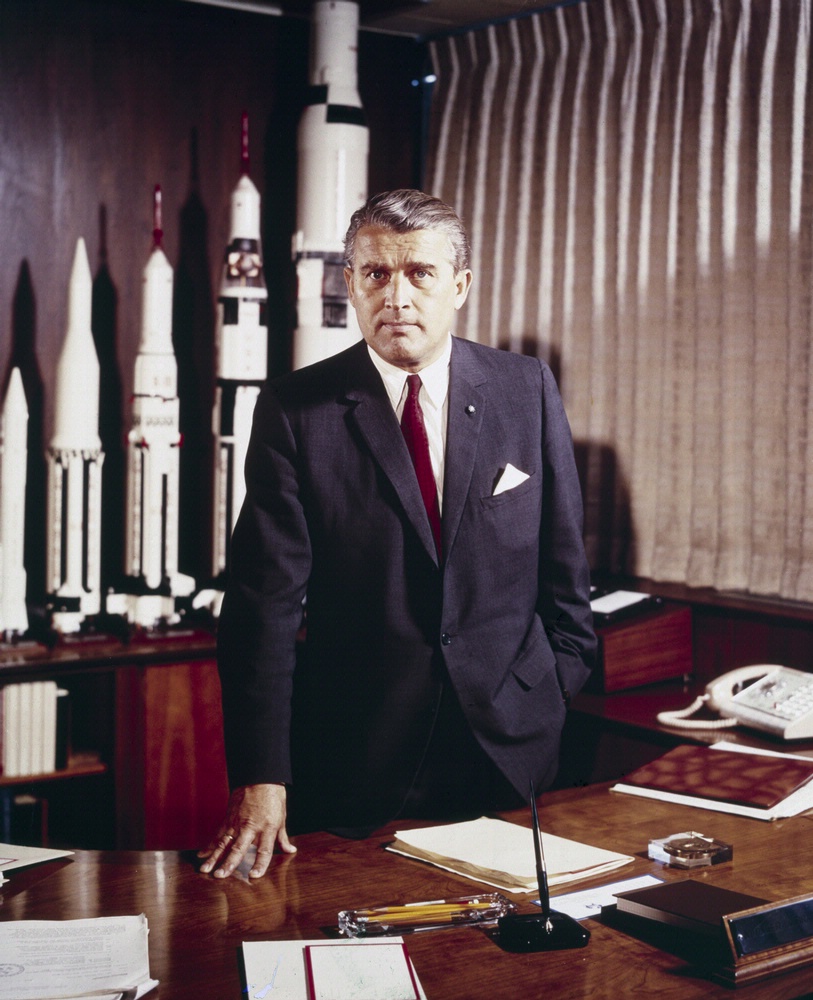
Hermann Oberth passed away on **December 29, 1989**, but his legacy continues to inspire. His vision and determination helped shape the future of **space exploration**. As we look to the stars, we owe a debt of gratitude to pioneers like Oberth, who dared to dream and pushed the boundaries of what was possible. So, the next time you gaze up at the night sky, remember the man who helped make space travel a reality!

